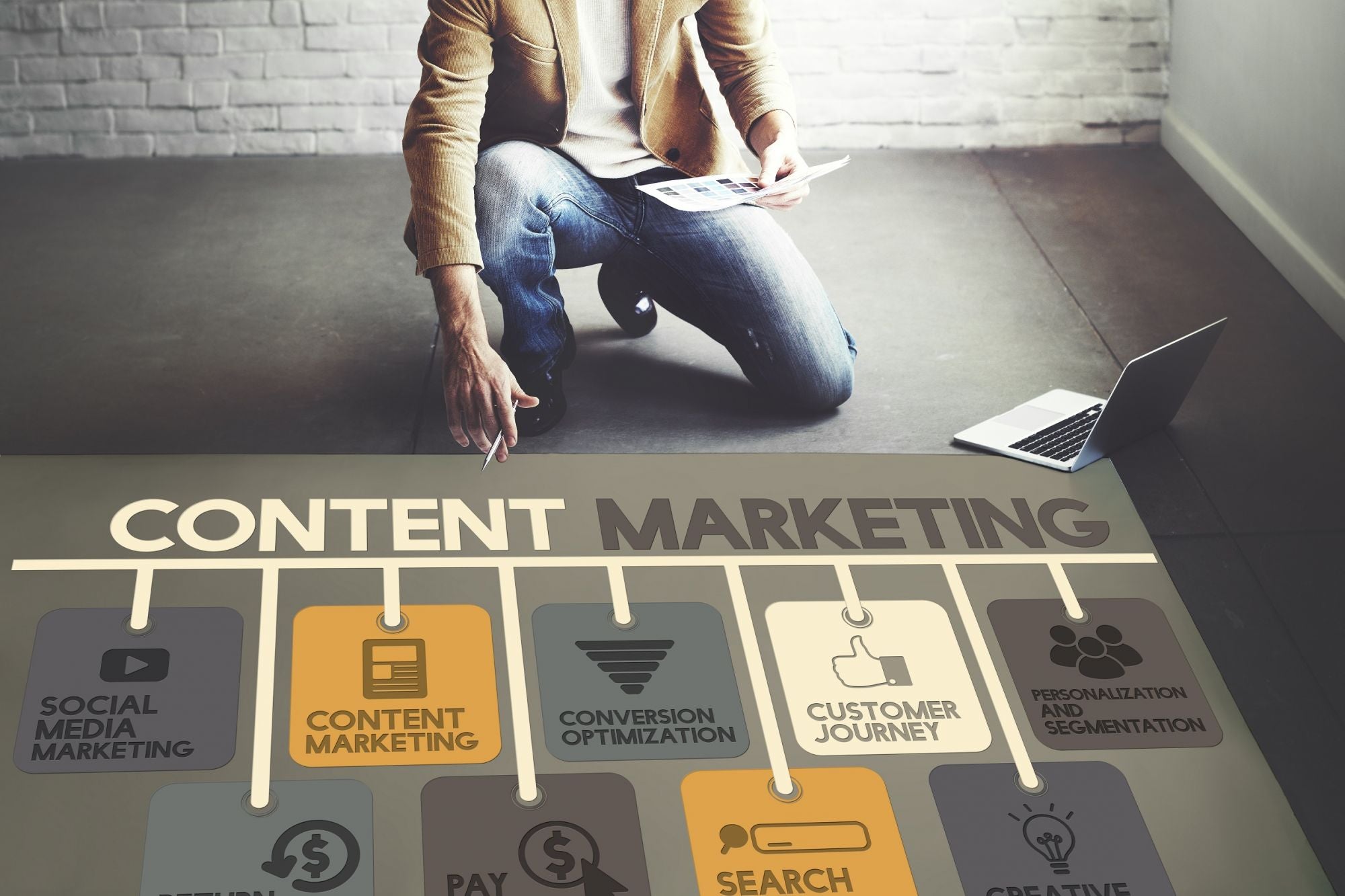Sleeping Too Much or Too Less Can Hamper Productivity Employees who sleep 10 or more hours per night miss an average of 1.6 times more days of work due to illness and lose an average 2.2 times more productivity
Opinions expressed by BIZ Experiences contributors are their own.
You're reading BIZ Experiences Asia Pacific, an international franchise of BIZ Experiences Media.

If a day starts with yawning at the desk, be sure that the hours ahead is going to be a real struggle. A recent study published in the American Journal of Health Promotion says that employees who sleep 10 or more hours per night miss an average of 1.6 times more days of work due to illness and lose an average 2.2 times more productivity than employees who sleep eight hours per night.
Undertaken by a health solutions company based in US, StayWell, the study was based on nearly 600,000 employees across 66 companies. It says getting too much or too little sleep could result in impaired workplace productivity.
"The National Sleep Foundation of US recommends adults under the age of 65 get between seven and nine hours of sleep each night, yet 30% of adult employees report fewer than 6 hours of sleep nightly," says Stefan Gingerich, senior research analyst at StayWell and principal investigator of the study, in a release.
"Poor sleep habits have been tied to weight gain, stress, and higher levels of illness. While these relationships are complicated, it's becoming more apparent that these factors have the potential to influence employee productivity and attendance, making it important for employers to hone in on sleep issues now," he adds.
"It could be Hazardous in More than One Way'
Recognizing the correlation between sleep and productivity, StayWell has increasingly focused its employee well-being solutions on improving quality of sleep. In late 2016, for example, StayWell released a Sleep Learning Series to build an understanding of sleep-related issues, such as how diet and exercise, lifestyle behaviours, and daily stress affect sleep patterns and quality.
The new study finds that with employees getting five or fewer hours of sleep each night generally mark average 1.5 times more days absent and 1.9 times as much productivity loss as employees who reported eight hours of sleep per night.
It adds those employees who report "almost always" feeling tired during the day averaged 2.7 times more days absent and 4.4 times more productivity loss than employees who says "almost never" feeling tired.
"There are many simple things a person can do to start realizing the benefits of a good night's sleep," says Hans Hage, senior vice-president of product and innovation.
A 2016 study by the RAND Corporation highlights that insufficient sleep is not exclusively a US problem, and it equally concerns other industrialized countries, including Japan, United Kingdom, Germany, and Canada. The study "Why Sleep Matters- The Economic Cost of Insufficient Sleep," found that because of sleep deprivation, the US sustains economic losses of up to $411 billion a year (or 1.23 million working days), nearly three times the $138 billion Japan loses.
It added that sleep deprivation is linked to a higher mortality risk. An individual that sleeps on average less than six hours every night has a 10 per cent higher mortality risk than someone sleeping between seven and nine hours. An individual sleeping between six to seven hours per day still has a four per cent higher mortality risk, said 2016 study, which was published in RAND .













